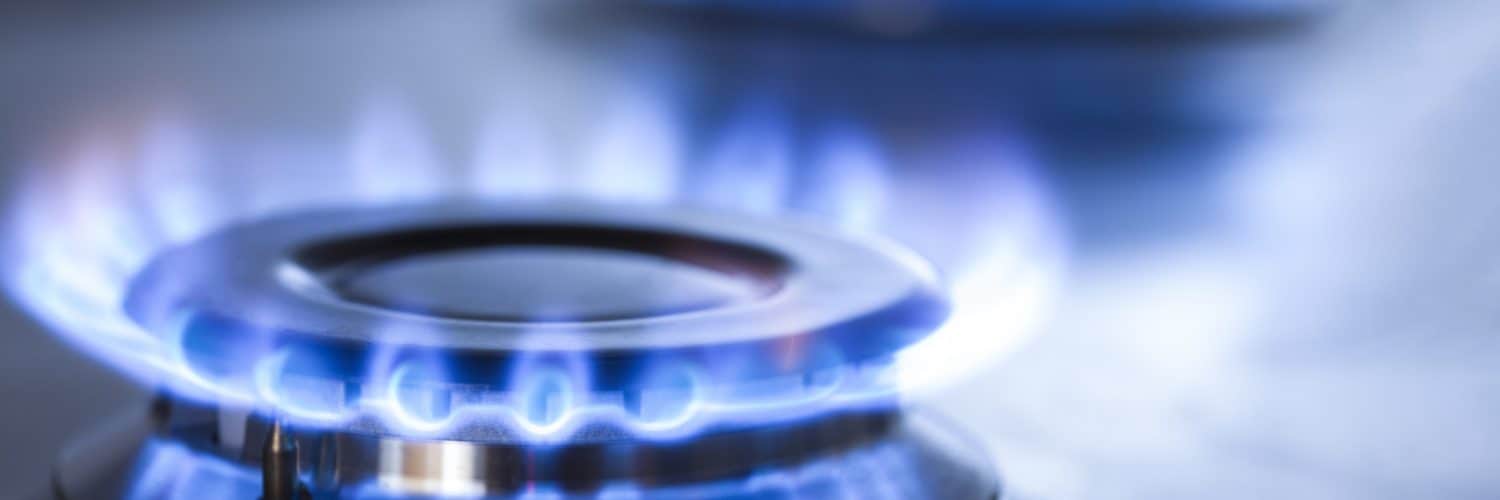Henry Hub natural gas futures for April are trading at US$2.66/MMBtu as of 1:30pm EDT Thursday afternoon. Above normal temperatures have caused total demand to fall, putting downward pressure on natural gas prices. After closing at a weekly high of US$2.692/MMBtu yesterday, prompt-month futures are down $0.124 from a week earlier and up $0.756 from last year. The EIA estimated working gas storage was 1,793 Bcf for the week ending March 5th, 2021, following a withdrawal of 52 Bcf. This bearish report came in at the low end of market expectations, which varied widely from of 32-104 Bcf. Storage levels are now 12.5% below year-ago levels and, relative to the 5-year average, 7.3% less.
As published in their March Short-Term Energy Outlook report, the EIA now expects Henry Hub spot prices will average US$3.14/MMBtu in 2021, up from the 2020 average of US$2.03/MMBtu. Retreating from the price spikes in February, the EIA forecasts Henry Hub spot prices to decline to an average of US$2.88/MMBtu in the second quarter of 2021. The EIA anticipates continued growth in liquified natural gas (LNG) exports and relatively flat production; as a result, Henry Hub spot prices are forecasted to climb to an average of US$3.16/MMBtu in 2022. The market sentiment out there is a little different, however. Calendar year 2022 Henry Hub is trading at an average price of US$2.68/MMBtu. En-Pro has updated its forecast of the average AECO and Dawn spot prices for CY2022 to be C$2.55/GJ and C$3.15/GJ, respectively, which is just above current price levels in the futures market.
In Canada, prompt-month futures for AECO are trading at C$2.65/GJ, while Dawn is trading at C$3.10/GJ. Prices continue to track downward, with week-over-week decreases of $0.11/GJ and $0.15/GJ at AECO and Dawn, respectively, as warm weather patterns continue. Canadian natural gas storage for the week ending March 5th, 2021 was sitting at 350 Bcf, after an overall withdrawal of 29 Bcf. This withdrawal decreases storage inventories to 61 Bcf below the 5-year average, while remaining 3 Bcf above storage levels last year at this time.
– Karyn Morrison, Energy Advisor / Grace Wilton, Senior Energy Advisor








Add comment